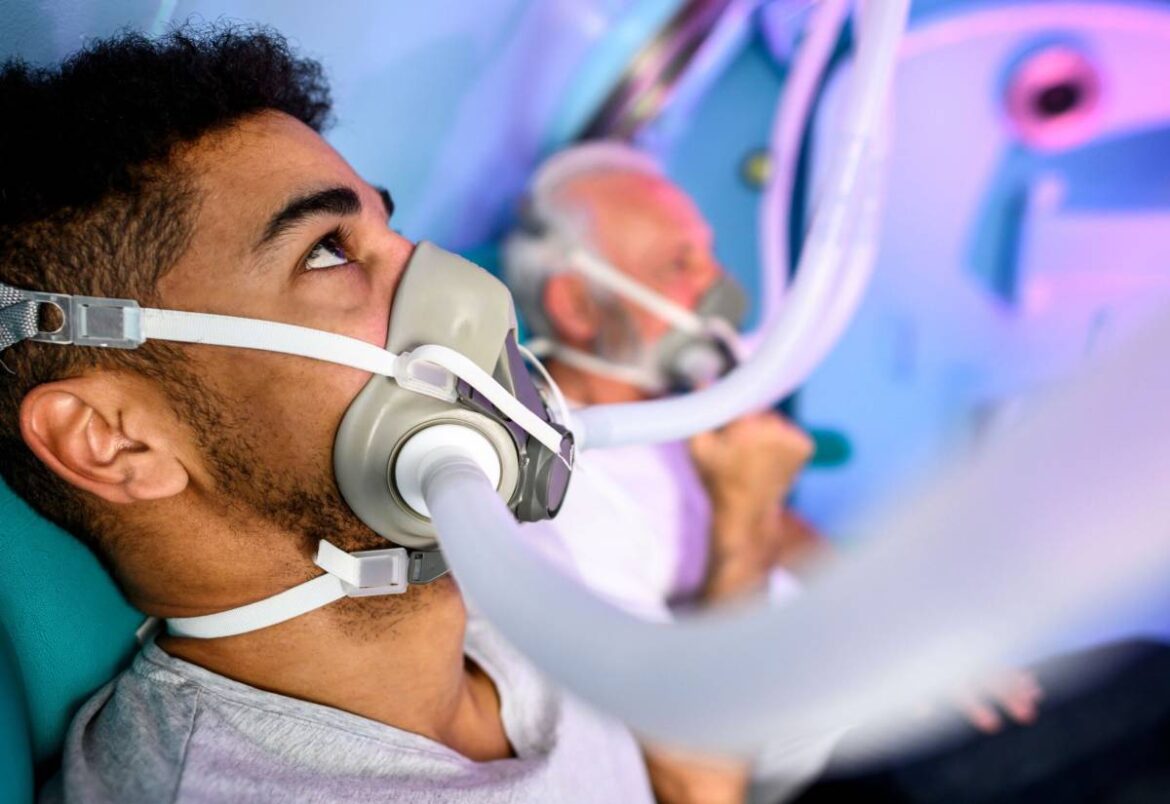By Staff Reporter
Dubai Survey Reveals 90% of Longevity Clinics Prioritize Marketing Over Science
Recent findings from a survey by Dubai’s Detki Family Clinic and Molodost Clinic shed light on a global issue, nearly 90% of longevity clinics offer treatments more driven by marketing than scientific evidence.
The survey, which included 288 clinics worldwide, paints a troubling picture of an industry where unproven interventions often overshadow legitimate, evidence-backed methods for healthy ageing.
Dr. Ksenia Butova, founder of both Detki Family Clinic and Molodost Clinic, emphasized that the results highlight a growing concern within the longevity industry, where scientifically validated methods struggle to gain recognition amidst the commercial allure of dubious treatments.
“The findings paint a stark picture of an industry where credible interventions struggle to gain prominence amid commercially driven hype,”
Dr. Butova stated.
The study categorized clinics into four key groups based on their approach to longevity interventions:
Evidence-Based Treatments: These are supported by strong clinical data and include lifestyle interventions like diet and exercise, along with FDA-approved medications for age-related diseases.
Experimental but Promising Treatments: Although not conclusively proven, treatments like rapamycin, metformin, and senolytics show potential in early-stage clinical trials.
Dubious or Unproven Treatments: Stem cell injections, NAD+ infusions, and telomerase activation often lack sufficient scientific validation but are heavily marketed.
Outright Pseudoscience: Claims of age reversal without biological mechanisms or clinical evidence fall into this category.
The survey sample consisted of 288 clinics—225 in the United States, 37 in Russia, 20 in the UK, and 6 in the UAE. The findings revealed a stark disparity in treatment offerings: Only 10% of clinics focused on evidence-based methods, while 40% predominantly offered dubious interventions, often based on anecdotal evidence. Another 25% were found to operate within the realm of pseudoscience, making exaggerated promises without scientific backing.
A key reason for the rise of these unproven treatments is the financial incentive for clinics to market high-margin services that require minimal regulation. Unlike FDA-approved drugs, many of these treatments are classified under wellness or regenerative medicine, bypassing the rigorous clinical testing required for new medications. This lack of oversight, combined with the rising consumer demand for age-defying solutions, creates a fertile ground for pseudoscience to flourish.
“The promise of extended youth taps into deep fears about aging, and the complexity of longevity science makes it easy for persuasive narratives to overshadow clinical rigor,”
Dr. Butova explained. The placebo effect and anecdotal success stories further contribute to the illusion of efficacy, making consumers more likely to invest in unproven treatments.
While many of these clinics prioritize quick fixes, experts emphasize the importance of proven methods for longevity, such as exercise, a Mediterranean diet, adequate sleep, and stress management. Dr. Hina Salam Siddiqui, Specialist Family Medicine at Zulekha Medical Centre, stressed,
“80 to 90% of longevity is influenced by lifestyle factors, which have the strongest evidence. Only 10-20% of medical interventions offer substantial benefits and work best when paired with these lifestyle changes.”
Healthcare professionals also urge consumers to seek treatments backed by peer-reviewed research published in reputable medical journals.
“Consult physicians or researchers specializing in gerontology and longevity to ensure that any treatments pursued are rooted in clinical trials rather than marketing claims,”
advised Dr. Javeed Ashfaque, Specialist in Internal Medicine at Prime Medical Centre.
While the field of longevity research continues to evolve, the focus remains on interventions with a strong evidence base. Treatments such as caloric restriction, resistance training, and metabolic optimization are gaining recognition for their potential, despite the industry’s fixation on high-cost, low-evidence alternatives. As Dr. Butova concluded, the industry must prioritize rigorous human trials to avoid repeating past mistakes where enthusiasm for treatments outpaced evidence.
News Source: Khaleej Times


